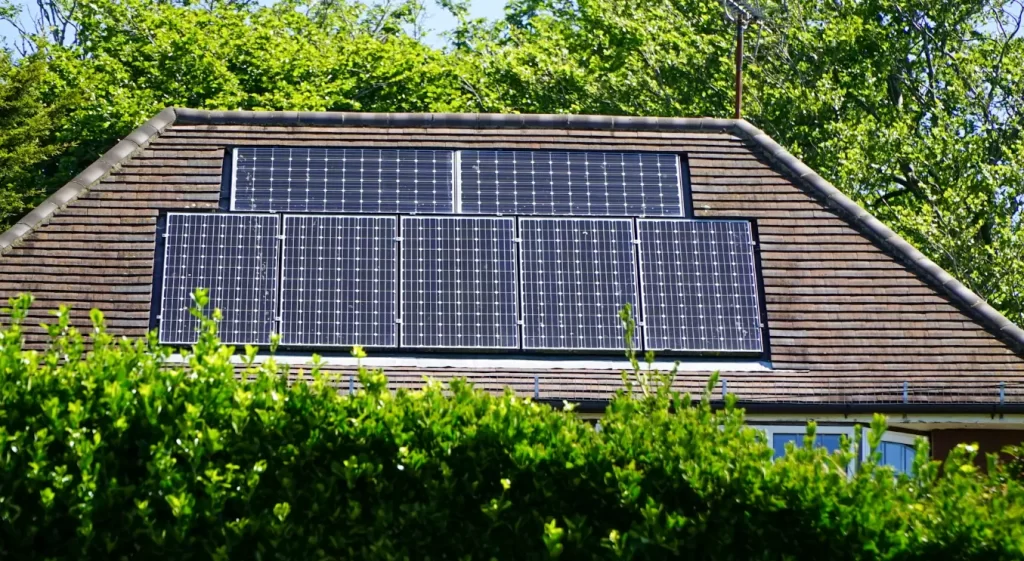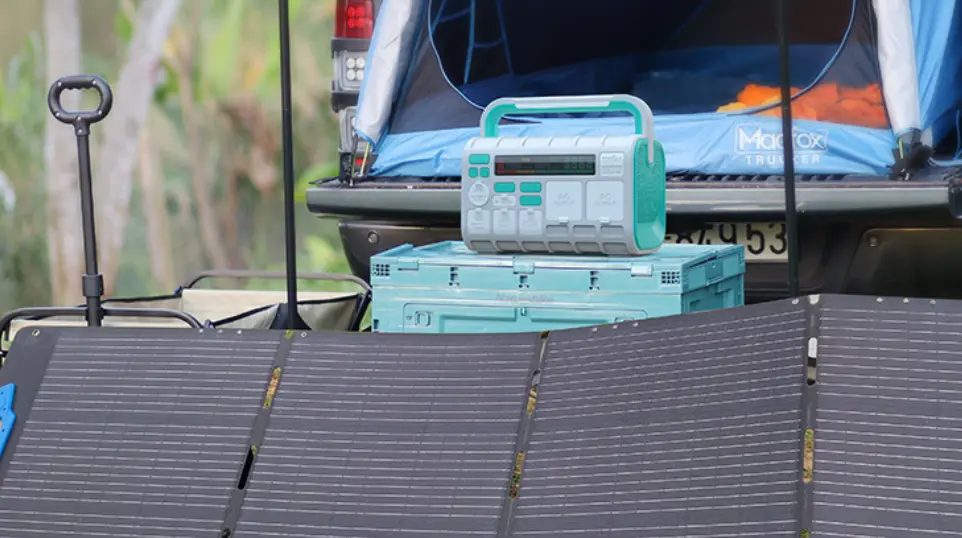As the world increasingly turns to renewable energy sources, solar power stands out as a leading choice due to its abundance and sustainability. However, one of the key challenges in harnessing solar energy is finding efficient ways to store solar energy for use when the sun isn’t shining. This article explores various methods and technologies that are revolutionizing solar energy storage.

Battery Storage Systems
Lithium-Ion Batteries
- Lithium-ion batteries are among the most popular ways to store solar energy. They offer high energy density, efficiency, and long cycle life.
- These batteries are commonly used in residential and commercial solar energy systems to store excess energy generated during the day for use at night or during cloudy periods.
Lithium Iron Phosphate (LiFePO4) Batteries
- LiFePO4 batteries are known for their safety, stability, and longer lifespan compared to traditional lithium-ion batteries.
- They are becoming increasingly popular for large-scale solar energy storage solutions due to their robust performance and reliability.
Flow Batteries
- Flow batteries store solar energy in liquid electrolytes contained in external tanks. The size of these tanks can be adjusted to increase storage capacity.
- These batteries are ideal for large-scale solar energy storage applications, such as utility grids and industrial facilities, due to their scalability and long cycle life.

Thermal Energy Storage
Molten Salt Storage
- Molten salt storage is an effective way to store solar energy captured by concentrated solar power (CSP) plants. The heat from the sun is used to melt salts, which can retain heat for extended periods.
- This stored thermal energy can then be converted back into electricity when needed, providing a reliable and efficient storage solution.
Phase Change Materials (PCMs)
- PCMs absorb and release thermal energy during phase transitions (e.g., from solid to liquid). They can store large amounts of solar energy in a compact form.
- PCMs are used in various applications, including building heating and cooling systems, to provide consistent temperature control using stored solar energy.
Mechanical Energy Storage
Pumped Hydro Storage
- Pumped hydro storage is one of the oldest and most widely used ways to store solar energy. It involves pumping water to a higher elevation during periods of excess solar generation and releasing it to generate electricity when needed.
- This method offers high efficiency and large storage capacity, making it suitable for grid-scale energy storage.
Compressed Air Energy Storage (CAES)
- CAES systems store solar energy by compressing air and storing it in underground caverns or containers. When energy is needed, the compressed air is released to drive turbines and generate electricity.
- This technology provides a scalable and efficient solution for storing large amounts of solar energy.

Chemical Energy Storage
Hydrogen Storage
- Hydrogen storage involves using solar energy to produce hydrogen through electrolysis. The hydrogen can then be stored and later converted back into electricity using fuel cells.
- This method offers a versatile and potentially carbon-free way to store solar energy, with applications ranging from residential use to transportation and industrial processes.
Solar Fuels
- Solar fuels are synthetic chemicals created using solar energy. Examples include methanol and ammonia, which can be stored and used as fuels or feedstocks for chemical processes.
- This approach provides a means to store solar energy in a stable, transportable form, extending its utility beyond immediate electrical needs.
Conclusion
Finding efficient ways to store solar energy is crucial for maximizing the benefits of solar power and ensuring a stable, reliable energy supply. From advanced battery technologies and thermal storage methods to mechanical and chemical storage solutions, there are numerous innovative approaches available today. By leveraging these diverse storage options, we can enhance the effectiveness of solar energy systems and move closer to a sustainable, renewable energy future.
For more information on solar energy storage solutions and how they can benefit your specific needs, please contact us. Together, let’s explore the best ways to store solar energy and harness the full potential of this abundant resource.



